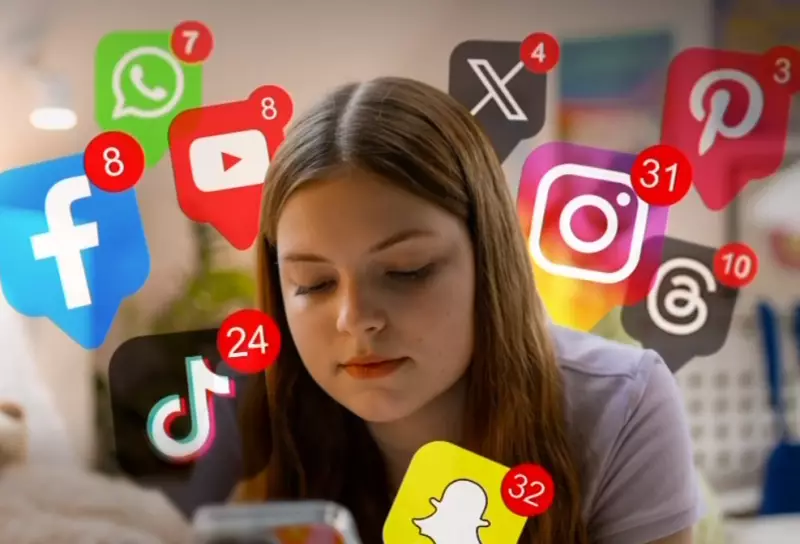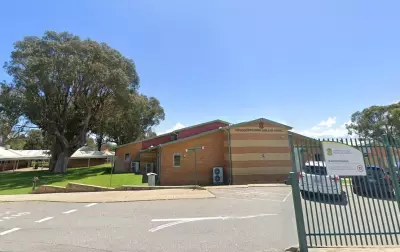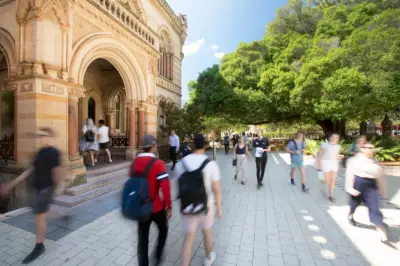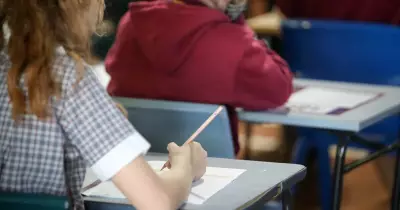
Australian Students' Social Media Use Skyrockets Post-Pandemic
Groundbreaking research from the University of South Australia has uncovered what experts are calling a "perfect storm" driving unprecedented levels of social media addiction among school students. The comprehensive study, which tracked more than 14,000 young Australians aged 11 to 14, reveals usage has exploded by more than 200 percent since the beginning of the COVID-19 pandemic.
The Alarming Numbers Behind the Crisis
The statistics paint a concerning picture of Australia's youth digital landscape. Daily social media use among students has leaped from just 26 percent before the pandemic to a staggering 85 percent by 2022. This dramatic increase has left parents and educators deeply worried about the impact on the nation's most impressionable young minds.
South Australian Education Minister Blair Boyer expressed grave concerns about the findings. "We have allowed a generation of young people to be the guinea pigs for this technology," Mr Boyer warned. He described the situation as particularly troubling given the massive explosion in social media usage among children.
The Perfect Storm: How Lockdowns Fueled Digital Dependency
Authorities attribute this dramatic shift to what they're calling a "perfect storm" of circumstances. The extended lockdown periods and social distancing measures implemented during the pandemic left young people with few alternatives to digital engagement. With limited opportunities for face-to-face interaction and traditional activities, social media became the default option for connection and entertainment.
The research highlights a fundamental change in how children now choose to spend their time, with much of their daily activity moving online at the expense of more traditional pursuits. This shift has come with significant consequences for other aspects of childhood development.
The Collateral Damage: Arts and Reading in Decline
As social media consumption has skyrocketed, participation in other valuable activities has plummeted. The study found that children who have never taken part in arts activities jumped from 26 percent to 70 percent during the same period. Even more concerning, the number of students who have never picked up a book for recreational reading increased from 11 percent to 53 percent.
This decline in arts participation and recreational reading represents a significant cultural shift in how Australian children are spending their formative years. The replacement of these traditional developmental activities with screen time has educators and parents alike concerned about long-term impacts.
Government Intervention and the Road Ahead
Researchers suggest a change in habits might be on the horizon as the government prepares to implement its proposed social media ban for children. The new laws are expected to have the added benefit of encouraging children back into the real world, though experts caution that this doesn't necessarily mean all their rediscovered time will be spent productively.
One parent perfectly captured the dilemma facing modern Australian families, stating: "I know I'm addicted, but I don't want my kids to be." This sentiment reflects the challenging balance parents must strike in an increasingly digital world while trying to protect their children from the same dependencies they themselves experience.
The University of South Australia's research serves as a crucial wake-up call for policymakers, educators, and families alike as they navigate the complex challenges of raising children in the digital age.





